Everything I Learned from my 6 Week Research Project
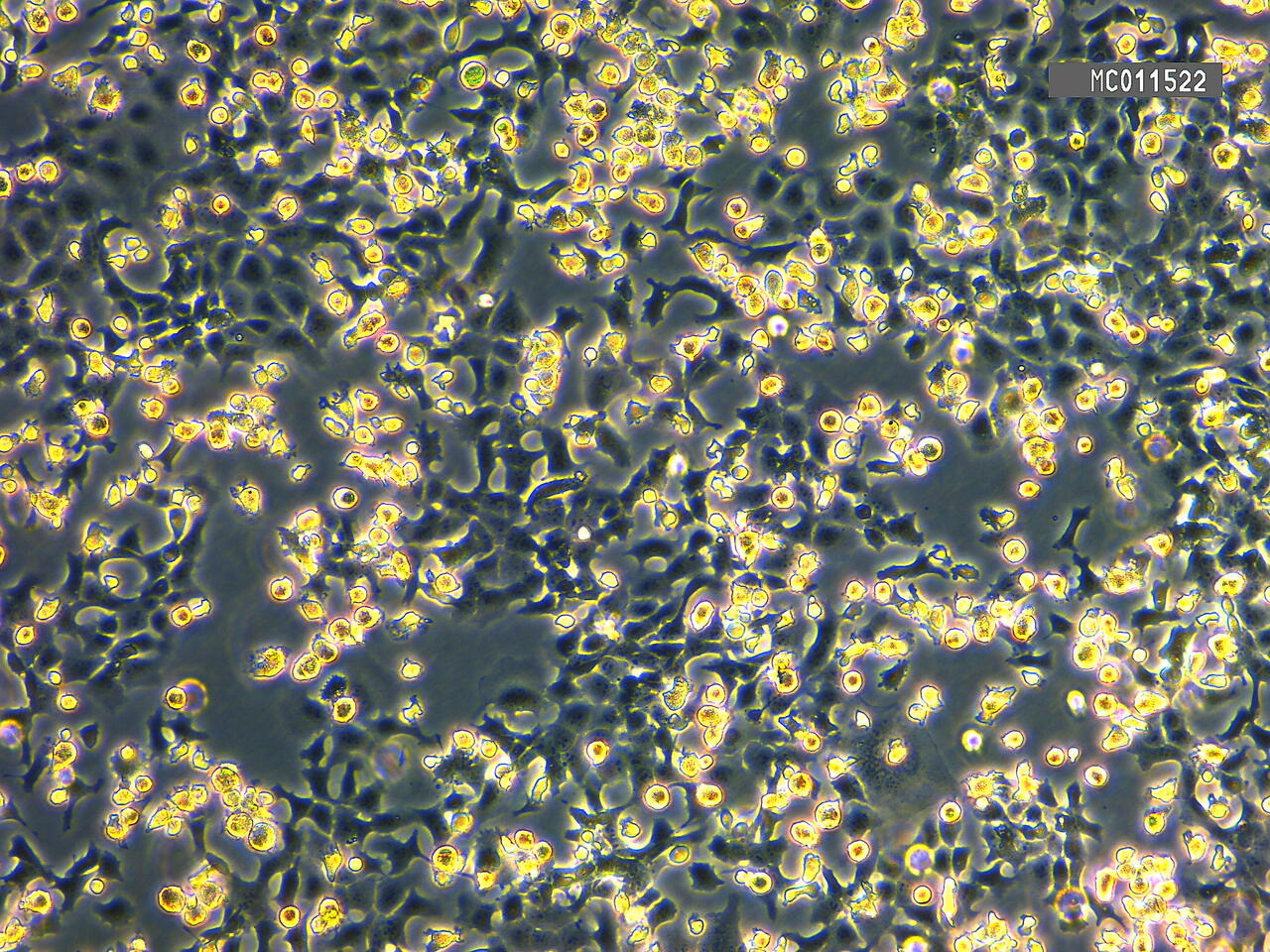
LESSON 1: RESEARCH IS NOT FOR THE WEAK
Things do not always go to plan when it comes to research. One small mistake can have a huge impact on your results. Conversely, you could carry out an experiment perfectly, following your protocol to a T and yet the experiment still does not work for reasons out of your control. Either the chemicals you are using were contaminated, the machine you used wasn't calibrated properly or the plastic sheets covering your PCR plate melted meaning all of your samples evaporated and were therefore not analysed (completely hypothetically and not based on real events.....).
My point is, to be good at research you have to be determined, passionate and resilient. It takes time to get accurate results and sometimes you will need to alter your expectations before getting to that stage. This was one of the biggest challenges for me. There were many days I would leave work feeling overwhelmed, disappointed and ready to give up and yes, that was difficult. But the real difficulty came with waking up the next day and finding the drive to go to work and try again. I realised that once you have the enthusiasm, the success will follow. That is an extremely valuable lesson I learned.
LESSON 2: IT IS OK TO ASK FOR HELP
Asking someone for help is something I find difficult. I like to be independent and show people I can manage on my own. But when it came to working in a research lab, I was undoubtedly the rookie. I had to ask where things were, how to carry out my experiments, what my results meant and it made me really uncomfortable. But I knew that in order to progress with my research, it was essential to ask for help. Eventually, I realised it is completely fine to admit you don't know something or don't know how to do something. In fact, in many cases asking for a second opinion is the best thing to do. When working in a lab, surrounded by people that know more than you and are more experienced than you, asking for help is one of the best ways of learning and becoming better at your job.
LESSON 3: THINGS TAKE TIME SO BE PATIENT
Though this one may be obvious, it is sometimes difficult to realise in the moment especially when dealing with disappointment and adversities. Over the last 6 weeks, I learned that it is important to have faith in the process. Though many of my experiments did not go to plan (resulting in dead cells..RIP) and had to be repeated many times, this was part of the learning curve and eventually, I got the hang of them. By making mistakes and learning from them, I became a better, more experienced scientist. Gradually, I learned how to properly culture and treat my cells, extract their genetic information and analyse it. With time I also adjusted to and became familiar with the new environment I found myself in.
I got to know people in the lab too. From not talking to anyone for the first two weeks to going for lunch with them and presenting at a lab meeting in my last week. It just took time to get to that point.
FUTURE WORK
It has been 2 weeks since I finished my research project and though I definitely needed a rest, I must admit I miss working in the lab. I have always had a passion for research but this experience has fuelled that passion. If I were to change anything about the last 6 weeks, only two things come to mind:
1. Not using cells derived from animals - mine were derived from mice.
Using these cells are a better alternative to in-vitro experiments, requiring fewer mice. However, I plan to only use human cells in the future. I understand this is a sometimes difficult, more expensive route to take requiring ethics approval but it is extremely important to make this change in my opinion.
2. Reduce the amount of plastic usage
Working with cells requires a sterile environment. This means when culturing cells, no piece of equipment can be used twice (pipette tips, centrifuge tubes etc). After passaging my cells (a process that needs to be done 2-3 times a week), I would throw out up to 10 large pipette tips. Treating the cells, extracting their RNA or setting up PCR tests require even more. Hence, in the future I would like to find alternatives to plastic equipment in order to reduce the amount of waste being produced.
CONCLUSION
If I had to sum up the last 6 weeks in a sentence I would say it was:
One of the most challenging but valuable experiences of my life.
I loved the independence that came with the work. Towards the end of the 6 weeks, I would come into the lab at 9 AM, look at my to-do list, put my headphones in and get to work. I loved understanding why and what I was doing, rather than just mixing some random chemicals together and hoping for the best (which is what undergraduate labs can feel like sometimes). This work had a purpose and that gave me motivation for the tougher days when things did not go to plan. A huge thank you to my supervisor Dr. Suzanne Cloonan, Sarah Kenny and the rest of the Cloonan Lab for all the support they gave me over the course of my project!
I have limited pictures from my days in the lab but please enjoy some of the BeReals I took over the last 6 weeks : )
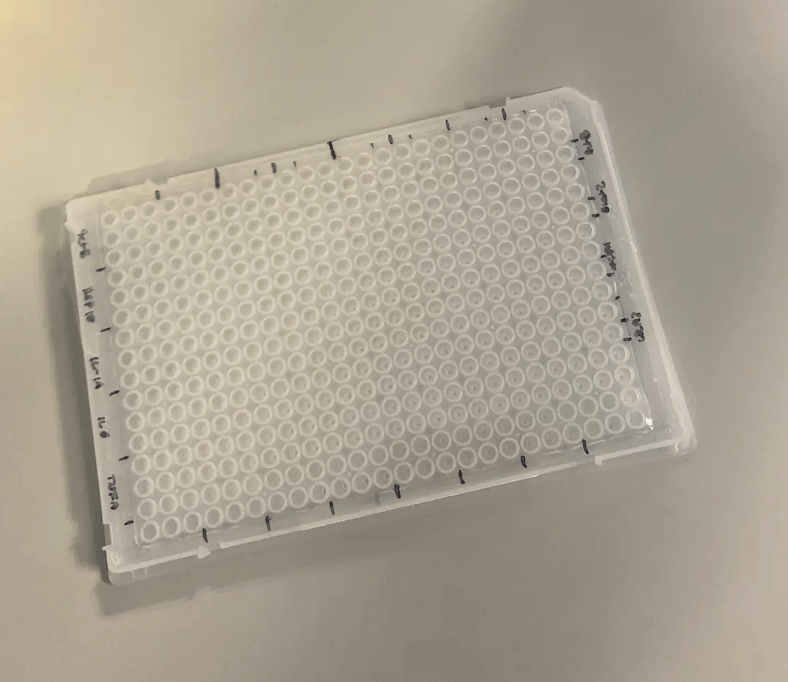
A 384 Well PCR Plate (AKA the worst)
- Used for Analysis of Cell's Genetic Information
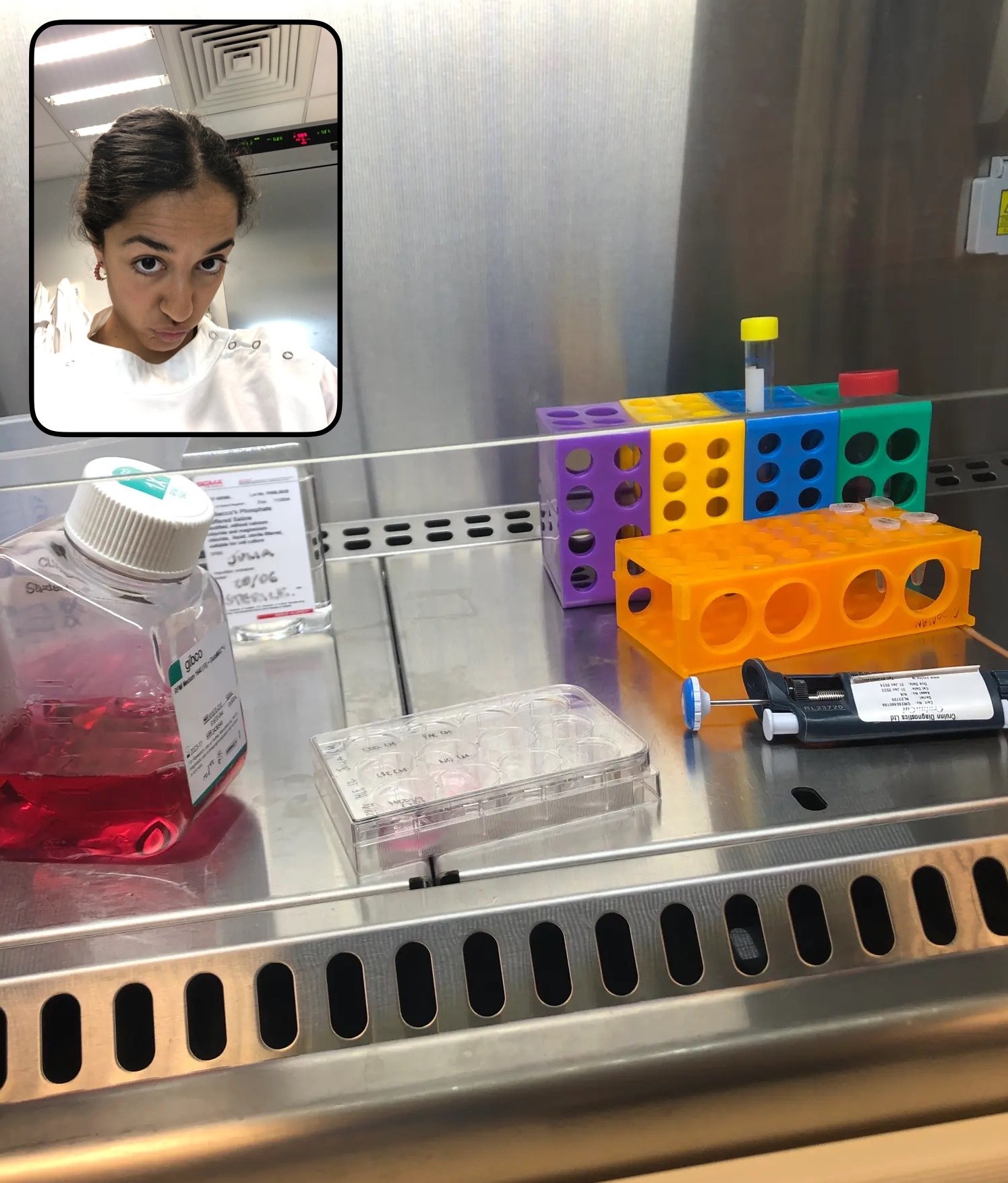
The Fume Hood
- This is where I grew and treated my cells (excuse the face)...
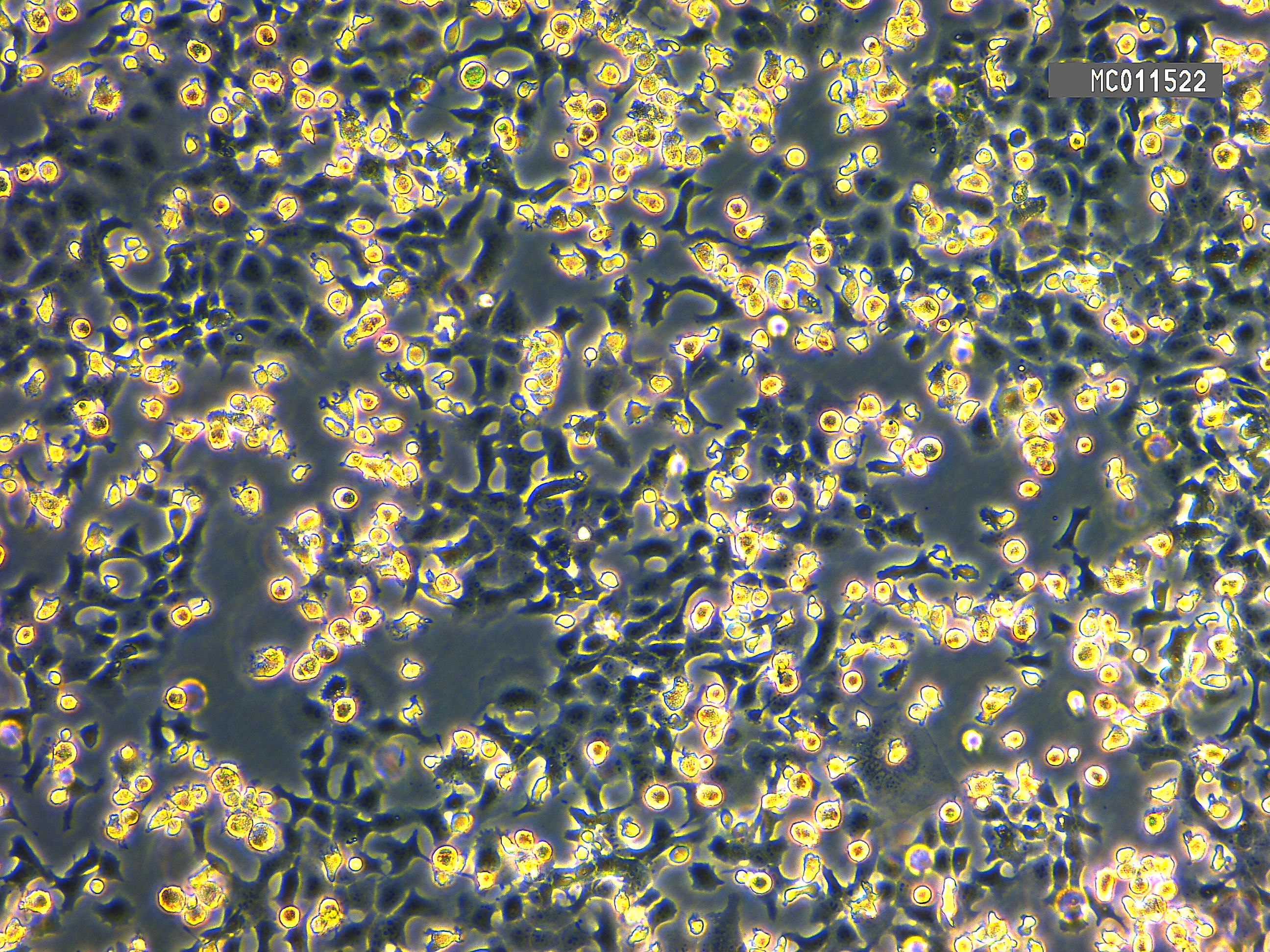
Alveolar Macrophages (FLAMs) Cultured with Alveolar Epithelial Cells (MLE12)
- This is an image taken from a microscope of the two different cells types I worked with. In this experiment, the cells were grown together in order to mimic the environment of the alveoli.
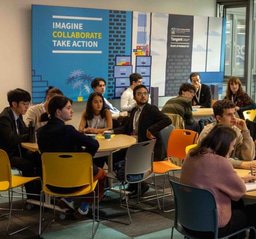
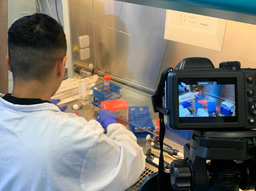
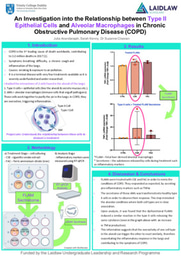
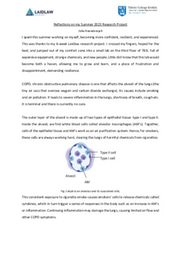
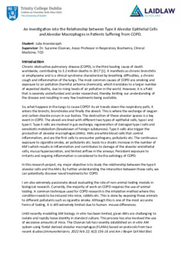
Please sign in
If you are a registered user on Laidlaw Scholars Network, please sign in